The size of a down payment on a home is the most important factor in determining your monthly payment.
What is a Down Payment?
A down payment is a percentage of the home’s purchase price that you pay upfront. In other words, the down payment is the part of what you pay to buy a house that is not included in your loan amount; instead, you owe it at the time of the purchase.
The amount that you’ll need to pay is determined by the type of loan you take out and the lender you borrow from. The down payment for a home is usually at least 3% of the total purchase price. If you pay less than 20%, you’ll likely be required to buy private mortgage insurance (PMI)*. PMI protects the mortgage lender in case you become unable to make your payments.
How much do you need to save?
Most lenders require certain levels of down payments (often 3% to 20%) to consider you for a mortgage. Getting your hands on 20% or even 10% of your total mortgage can be challenging. Start by reevaluating your budget. Make a specific goal to save for your down payment. Adjust your budget to trim excess spending and dedicate those funds toward your goal instead.
If saving up to at least 10% doesn’t feel possible, there are programs available that can allow you to pay a smaller percentage (3-5%). For first time home buyers, our North Shore Bank Mortgage lenders can help you navigate grants and special programs that you may qualify for, like WHEDA, Home One and Home Possible.
The larger the down payment, the more comfortable a lender will probably be giving you the mortgage. But it may be nice to have some extra money available after you move into your new home. New carpeting, new furniture and landscaping all take money.
If you already own a home and are looking to purchase a new property, you may consider a cross-collateral loan to be able to buy without a sales contingency on your current home.
Here are some tips and ideas to consider when saving for a down payment:
- Invest your money. Investments and high-interest savings accounts can make it easier to get the money but, of course, these options come with different levels of risk and possible reward. If you choose to invest, timing is a major consideration. The sooner you plan to buy, the fewer risks you’ll likely want to take.
- Cut back on expenses. This may mean cheaper entertainment or less dining out, or skipping a year’s vacation.
- Move. Consider living in a cheaper apartment while you accumulate your first down payment, or check out an area with a lower cost of living.
- Put your savings on autopilot. If you have an account with North Shore Bank, you can have a certain amount transferred from your checking account to a dedicated savings account each month.
- Borrow the down payment from your retirement plan. Many company sponsored 401(k) or profit sharing plans have provisions to allow this – however, do so very wisely and make sure to check the details of your plan.
- Reduce other high interest rate debt. Before saving, make sure you don’t have outstanding high interest rate debt like credit cards.
- Sell some of your other investments. Selling boats, collectibles, etc. can add up but be certain to track the sales with a bill of sale and a copy of the title or other verification of ownership.
- Borrow from family. If loved ones are willing to help you with a down payment, they can give you a tax-free gift of up to $15,000 in 2021. If you're married, they can give your spouse an equal amount. Be careful though, if they want to give more than that, they’ll need to file IRS Form 709 to report the gift.
Ultimately, buying a home is a big financial and emotional step.
Make sure to do your financial homework first and use some discipline to save your down payment. But you aren’t alone – our North Shore Bank Mortgage professionals can help answer your questions!
Interested in a North Shore Bank Mortgage and Home Lending Product?
Browse more of our financial literacy resources.
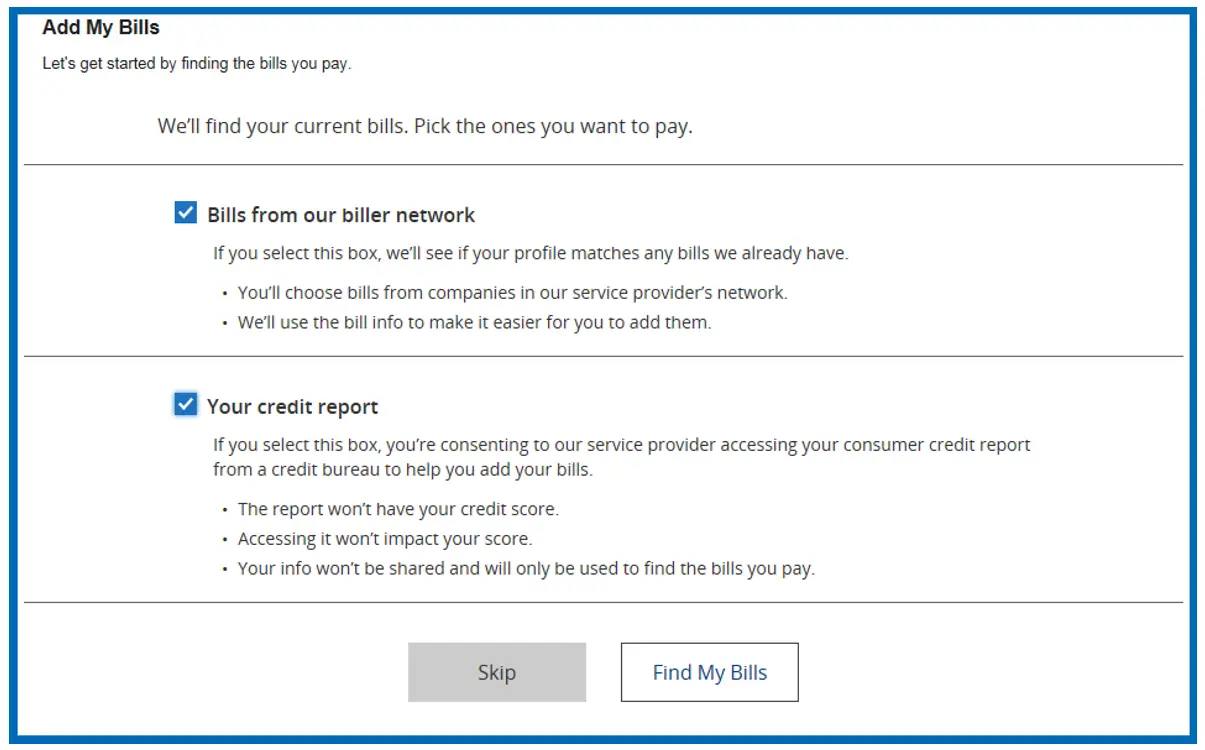
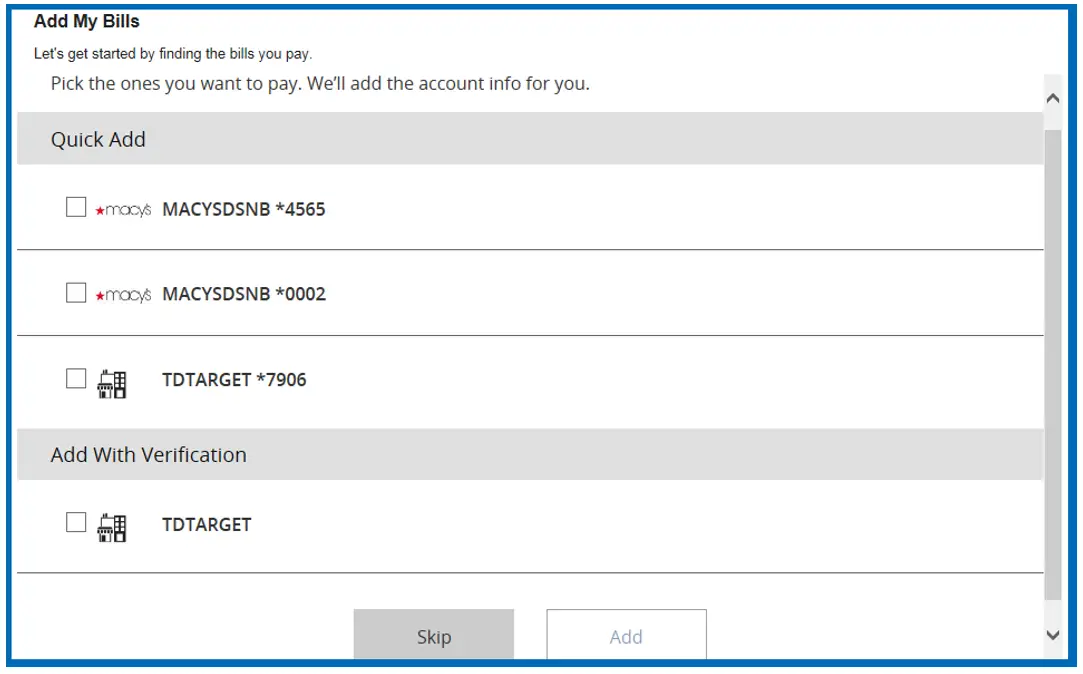
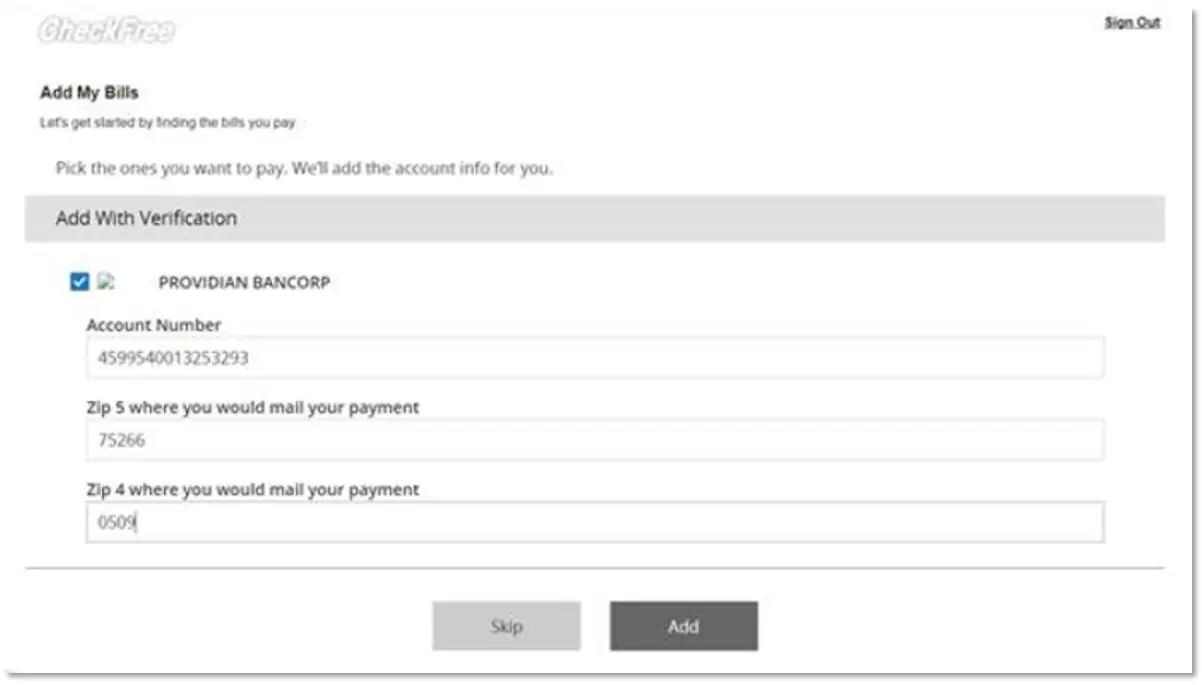
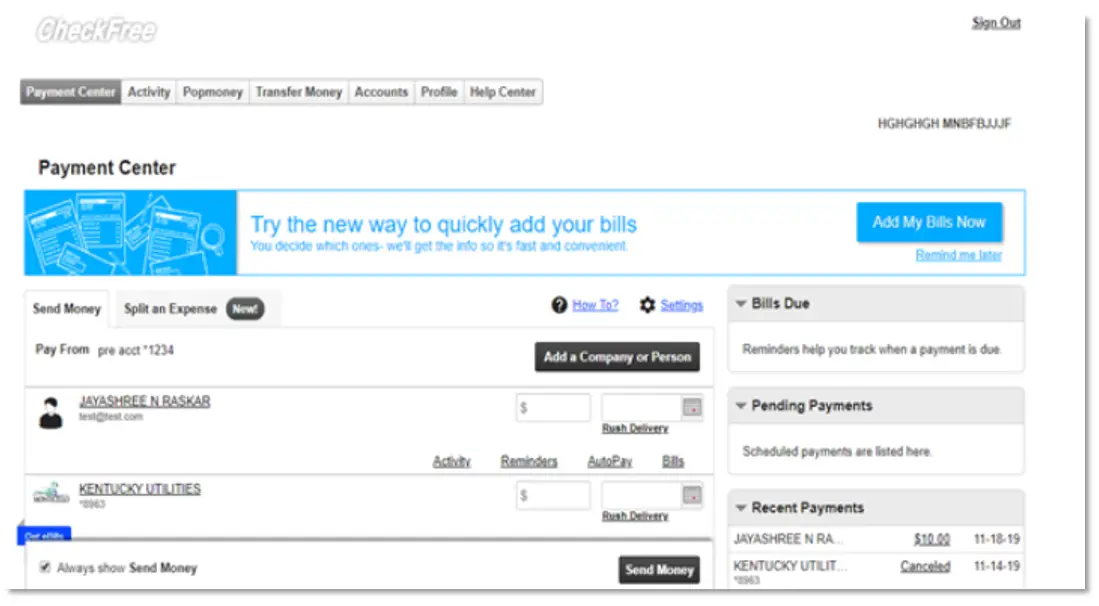
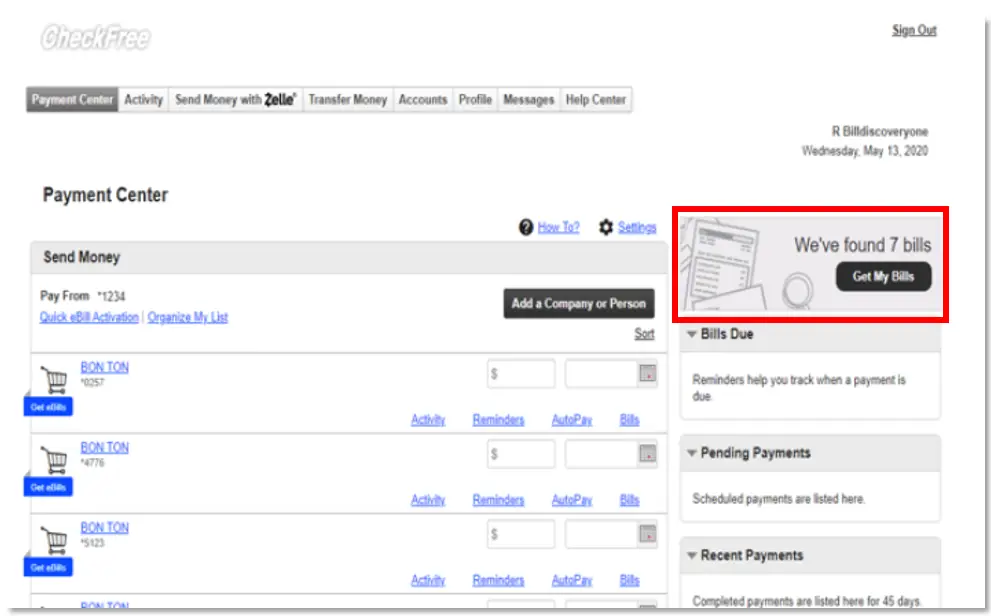
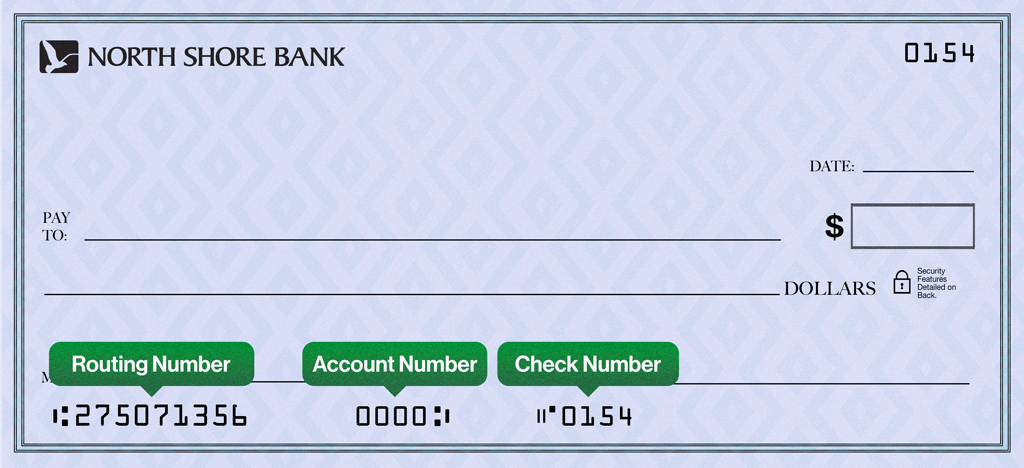 When opening an account online, your initial deposit must be done by transferring money from your current bank account or by debit or credit card.
When opening an account online, your initial deposit must be done by transferring money from your current bank account or by debit or credit card. Click on the three vertical dots alongside the blue “Pay” button
Click on the three vertical dots alongside the blue “Pay” button